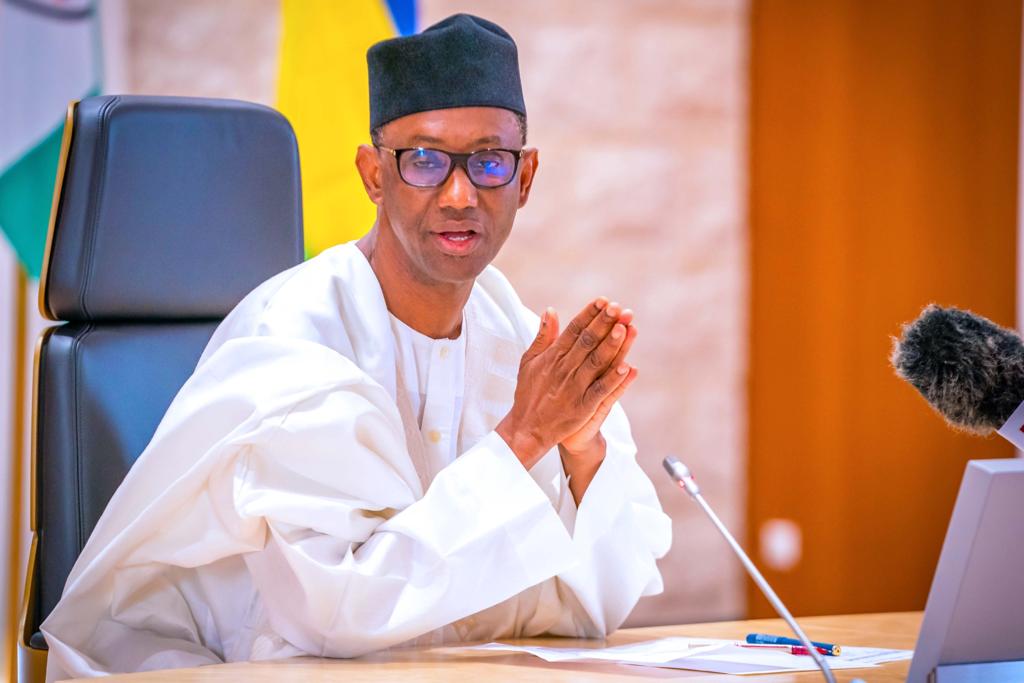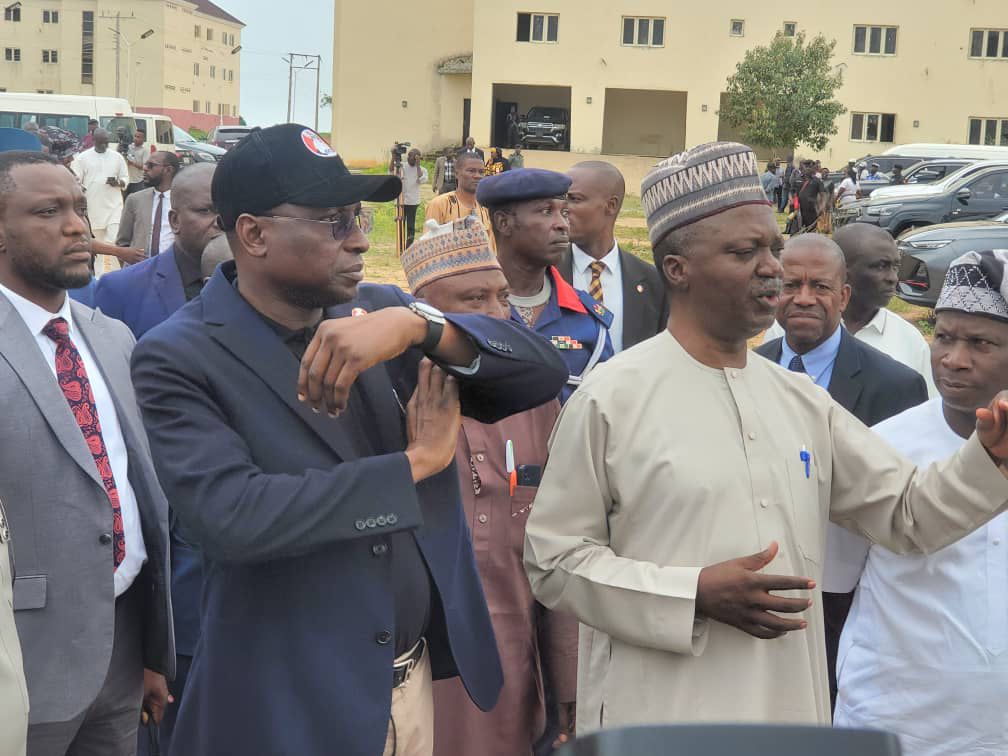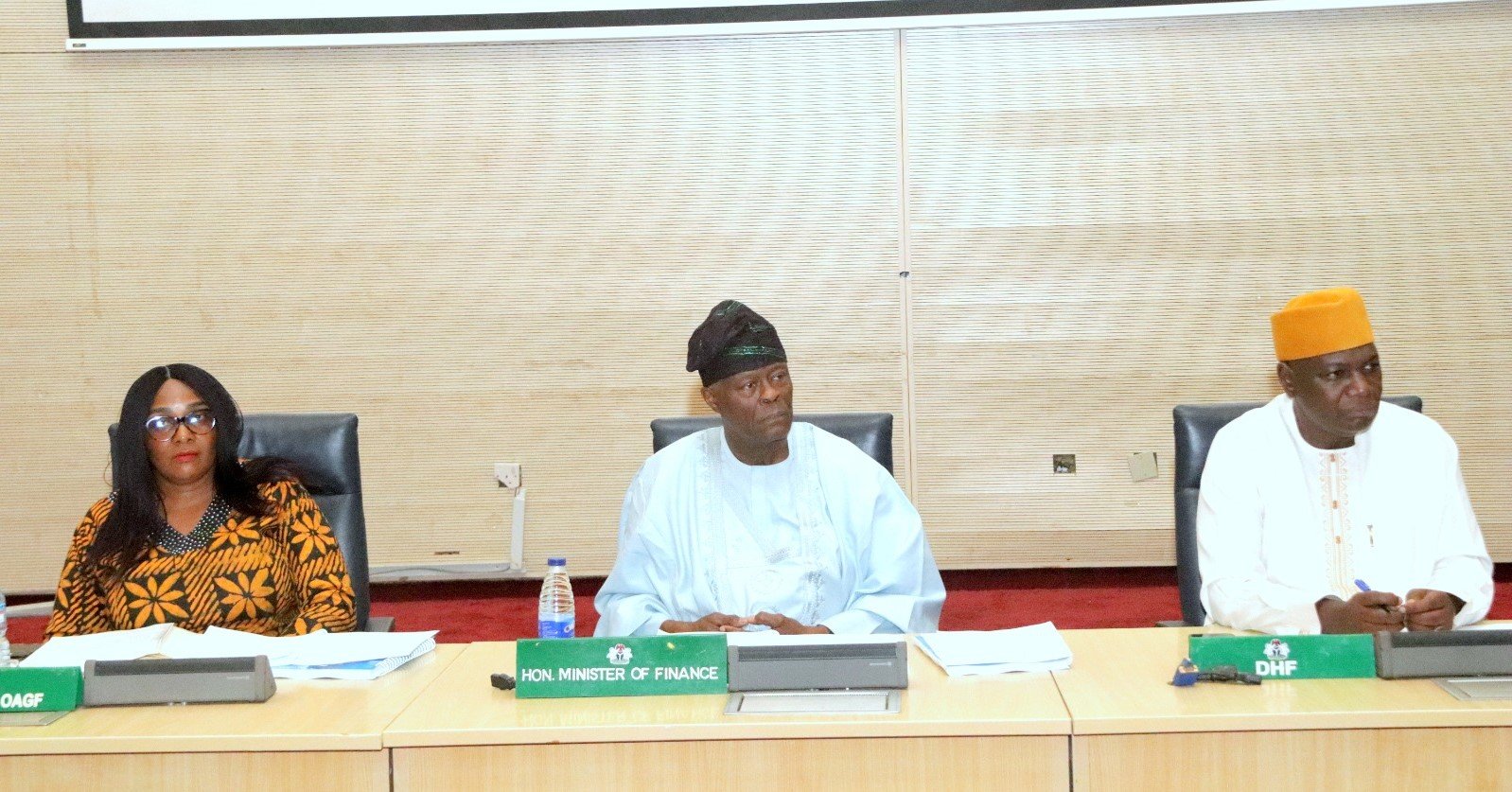'Barbara Walters Tell Me Everything' explores her impactful TV life - Newsday
A life lived on TV can sometimes be about the little things that are really about the big things. The big TV life of one Barbara Jill Walters — during her lifetime the most famous TV newswoman on the planet — is a perfect case in point.
In a recent phone interview, Jackie Jesko, director of "Barbara Walters Tell Me Everything" (Hulu, June 23) recalled a story her husband once told her. Working at ABC News at the time, he'd been assigned to a shoot with Walters and Mariah Carey.
The pop diva insisted on a camera angle from her "best side," which also happened to be the best side of the news diva. A heated argument ensued, from which neither would back down.
Perhaps daunted by the 5-5 life force, or by a reasonable urge to get the ordeal behind her, Carey finally relented.
"Barbara won," said Jesko, a former "Nightline" producer, who went on to produce films for Vice and HBO ("Savior Complex").
A funny story but hardly a surprising one. Walters always won, according to Jesko's lavish and richly reported portrait. "She was detail oriented down to the very last tiny little thing," Jesko said. "That was part of her power."
Katharine Hepburn, left and "Barbara Walters exchanged harsh words during their 1991 interview on ABC's "20/20." Credit: American Broadcasting Companies, Inc.
Indeed, nothing was ever "small" to Walters — the questions, the lighting, the angle, the good side, or the bad, and of course the clothes. This was the newswoman who wore a pink Chanel powersuit to interview Libyan strongman Muammar Gaddafi in his desert headquarters — the same newswoman who famously dissed Katharine Hepburn by asking her if she even owned a dress. ("I own one," Hepburn replied, "and I'm wearing it to your funeral.")

Walters was fashionably dressed when she interviewed Libyan strongman Muammar Gaddafi in 1989 on ABC's "20/20." Credit: ABC NEWS/Kimberly Butler
This master of details and of the small stuff, this ineradicable force of nature does indeed emerge in this portrait. But why a film on Walters, and why now, two and a half years after her death at 93? It's a detail, or at least an obvious question, that wouldn't have escaped Walters' notice either.
"Barbara was the OG, a true trailblazer in broadcast journalism who irrevocably changed the media and pop culture landscape," said Sara Bernstein, president of Imagine Documentaries, which produced the film, via email. "It's the perfect time to reflect and remember Barbara's impact and legacy."
Walters made it perfectly clear that she's enjoying chatting with President Richard Nixon. Credit: ABC
All true, except that OGs do tend to come with baggage. Not only is Walters' legacy and impact complicated, but so is this moment in time. TV news is under attack — diminished audiences, changing viewer habits, corporate restructuring, the White House itself — while Barbara Walters is a receding figure from a fast-receding era.
"Tell Me Everything" is in part the familiar story of the person who changed TV news through sheer force of will. She coveted power and influence but was driven by deep-seated insecurities. She ran roughshod over those who got in her way, but relished her role as pioneer to a generation of other prominent female anchors. Some included her most bitter rivals, like Diane Sawyer, who got the roughshod treatment themselves.
"She was a bulldozer but she was also a rapport-builder," David Sloan, her longtime producer at "20/20," said in a phone interview. "She had many many powers of seduction and charm, and for some people, that was mesmerizing."
Walters on the "Today" set. She was the morning show's first female co-host. Credit: Bettmann Archive
While the broad outlines of this side of the Walters story has been told before, including by Walters herself, who's heard in voice-over throughout this film, "Tell Me Everything" hints at another line of inquiry in the very first lines spoken: "When I'm on camera," Walters says, "I am fully confident, and I have this kind of courage that I may not have in real life."
A diffident, insecure Walters? A Walters whose ethical bearings were guided by getting the story, or interview, at any cost? A Walters drawn to the rich and powerful, including a few with no ethical bearings at all? That's the story Jesko is drawn to.
Jesko said that when she first started "to look into [Walters], I was really interested in her love of power, for power itself. She liked to surround herself with powerful people and that's understandable, because they can be interesting and can also be helpful to you. She definitely had a kind of moral ambiguity [about them and] she didn't want to judge these people or write them off for what they did. I thought that was an interesting aspect of her personality too. She's kind of drawn to dark energies."
As an example — not the only one — "Tell Me Everything" says Walters "loved" political fixer Roy Cohn, and both had discussed marriage (complicated by the fact that Cohn was gay). Peter Gethers, who worked with Walters on her 2008 memoir "Audition" says here that "she didn't have the strongest moral compass," and that a lot of her relationships were "transactional."
In her defense, Walters says Cohn saved her father [nightclub impresario Lou Walters] from a catastrophic tax burden in the 1960s. "I have been severely criticized by my friends and I understand, but this was my father." According to Gethers, "she could forgive anyone who was good to her, no matter what they did in the other parts of their lives."
"She was a bulldozer but she was also a rapport-builder," said David Sloan, her longtime producer at "20/20." Credit: ABC Photo Archives
To understand Walters, it's important to get the whole story — those little things, if you will, that turned into the big things. "Tell Me Everything" goes there too.
She was born in Boston on Sept. 25, 1929, or almost exactly a month before the Wall Street crash that would financially devastate her father. He later rebounded and founded the Latin Quarter nightclub in Boston, which he took to New York in 1942, at 200 West 48th St., where it would remain until 1969. Walters literally grew up there, getting to know stars like Frank Sinatra, Ella Fitzgerald, Milton Berle, Sammy Davis Jr., Dean Martin, Jerry Lewis, Frankie Laine and the Andrews Sisters.
Probably the most important person of her early life was her sister Jacqueline, someone who would now be described as severely neurodivergent. In this film, Walters says "I loved her and hated her" — a measure of embarrassment and perhaps of jealousy (Sinatra and singer Johnnie Ray liked Jacqueline best). Walters would later take over her care, and that of her father, when the Latin Quarter closed.
Walters' 63-year career began in 1953 at WNBT (now WNBC) where she was a publicist, and in 1961, joined "Today" as a researcher and later a "Today Girl." In 1974, she was named its first female co-host, beginning the first of several battles with male partners. When host Frank McGee insisted on asking the first five questions of any studio interview, Walters simply left the studio to conduct her own interviews in the field.
In 1976, when Walters signed that record $1 million contract to co-anchor "The ABC Evening News" with Harry Reasoner, the tabloids dismissed her as a "Million Dollar Baby," while her new co-anchor was just cruel — by the end of their first broadcast, he told her he'd kept a running count of her airtime, then said, "You owe me four more minutes."
When both were dropped two years later (Reasoner left for "60 Minutes"), arguably the most consequential career in American TV news really and truly got underway with "The Barbara Walters Specials" (1976), "20/20" (1979), the Oscars specials (1981), "10 Most Fascinating People" (1993), and "The View" (1997). By the time she wrapped her career in 2013, she had interviewed — a very rough estimate — some 700 people or "more statesmen and stars than any other journalist in history," according to her ABC bio — no hyperbole, either.
"I'd never seen anyone more prepared," Cynthia McFadden, the veteran ABC News and NBC News correspondent, said in a phone interview. "She wrote down every question herself, and reorganized her note cards five million times, so by the time she sat down for an interview she'd know more about that person than the person themself. She didn't take anything for granted."
McFadden, who was also interviewed for the film, added that "I know this didn't get in, but I loved her — it was literally because of Barbara that I got to ABC News [and] she always joked that I owed her 10 percent for life."
She had "an incredibly generous side" and was "very generous with the people who worked with her."
Jesko's assessment of this extraordinary life is that "ambition can come from two different sources — insecurity and egotism, like 'I want to be the best because I deserve it,' and 'I need to be the best because I have something to prove.'"
That, she says, was the "yin and yang" of Barbara Walters.
WALTERS' LI INTERVIEWS
Over that long career, Barbara Walters did indeed interview a few Long Islanders, and in at least one instance, got turned down by one, too.
Here's a brief rundown.
The year 2012 was quite a tumultuous one for the Merrick native (where to begin? assault; leaving the scene of an accident; a nightclub brawl) and Walters had the exclusive interview — until she didn't when Lohan pulled out at the last minute.
She interviewed the Oscar host on the occasion of his 8th time on the big stage in 2004, when he told her that hosting "is for me very hard," and that from the beginning of each host outing to "when I say goodnight ... I have a headache."
: She interviewed Stern on numerous occasions — and he interviewed her, while invariably, his questions were as intrusive as hers. Both were also friends, and Walters attended his wedding.
Smithdas, of Port Washington, had lost his vision and nearly all his hearing from cerebrospinal meningitis at age 4. (He later served as director of Community Education for the Sands Point-based Helen Keller National Center for Deaf-Blind Youths and Adults.) Walters interviewed Smithdas — who died in 2014 — twice, saying those were the most memorable of her career. Upon her death in 2023, Helen Keller Services said "We honor and appreciate Barbara for interviewing Bob not once but twice and for sharing his meaningful story with viewers."
— VERNE GAY
Verne Gay is Newsday's TV writer and critic. He has covered the media business for more than 30 years.












